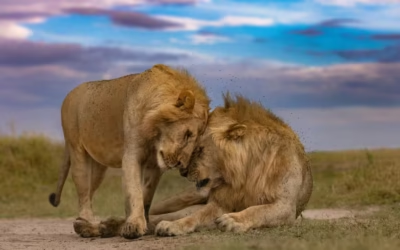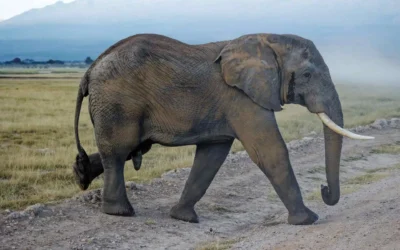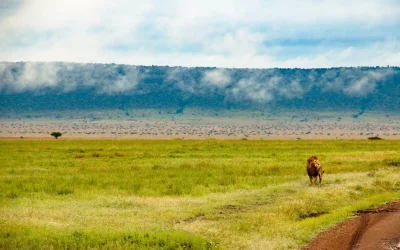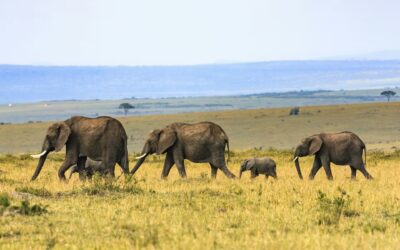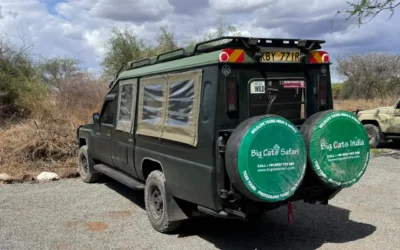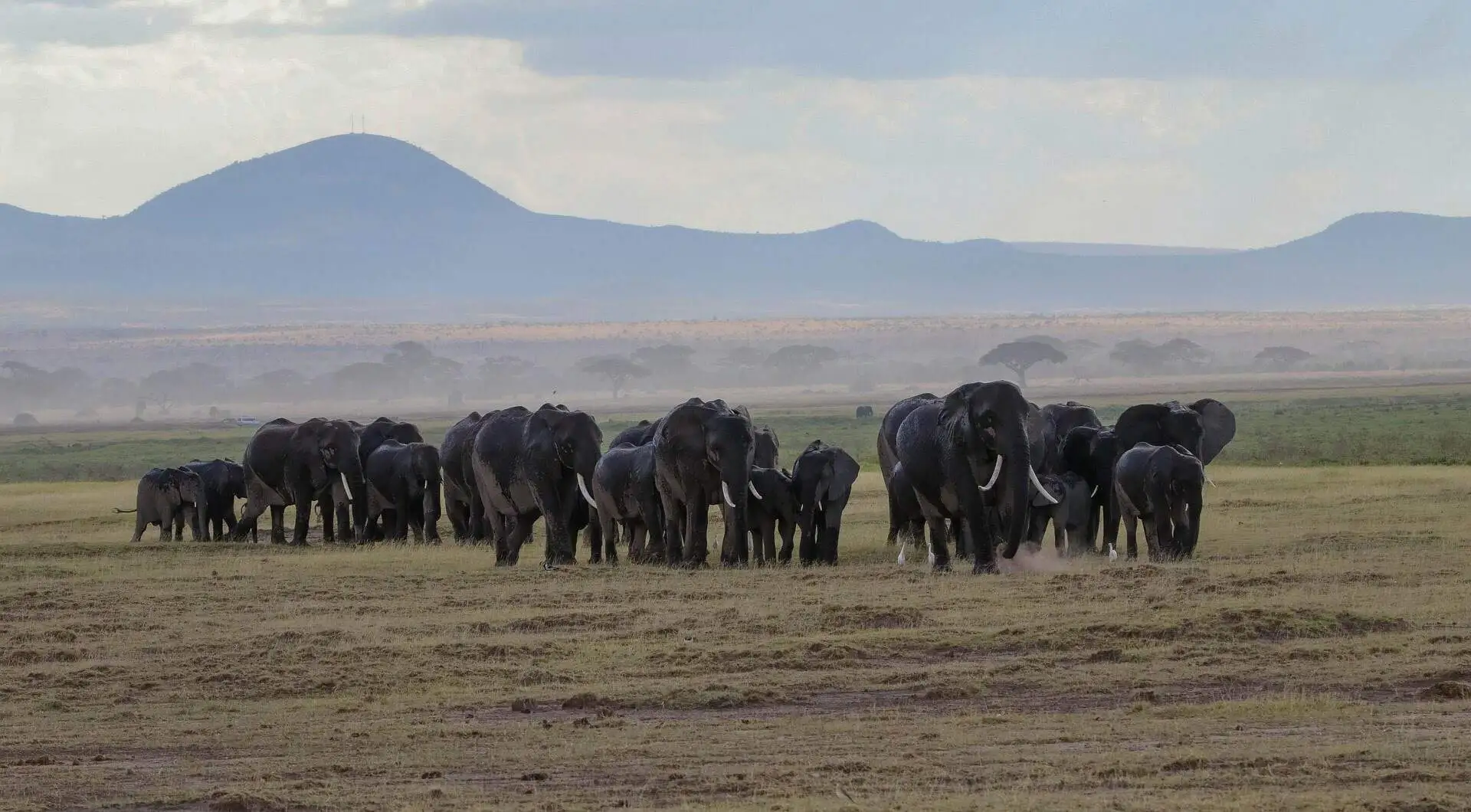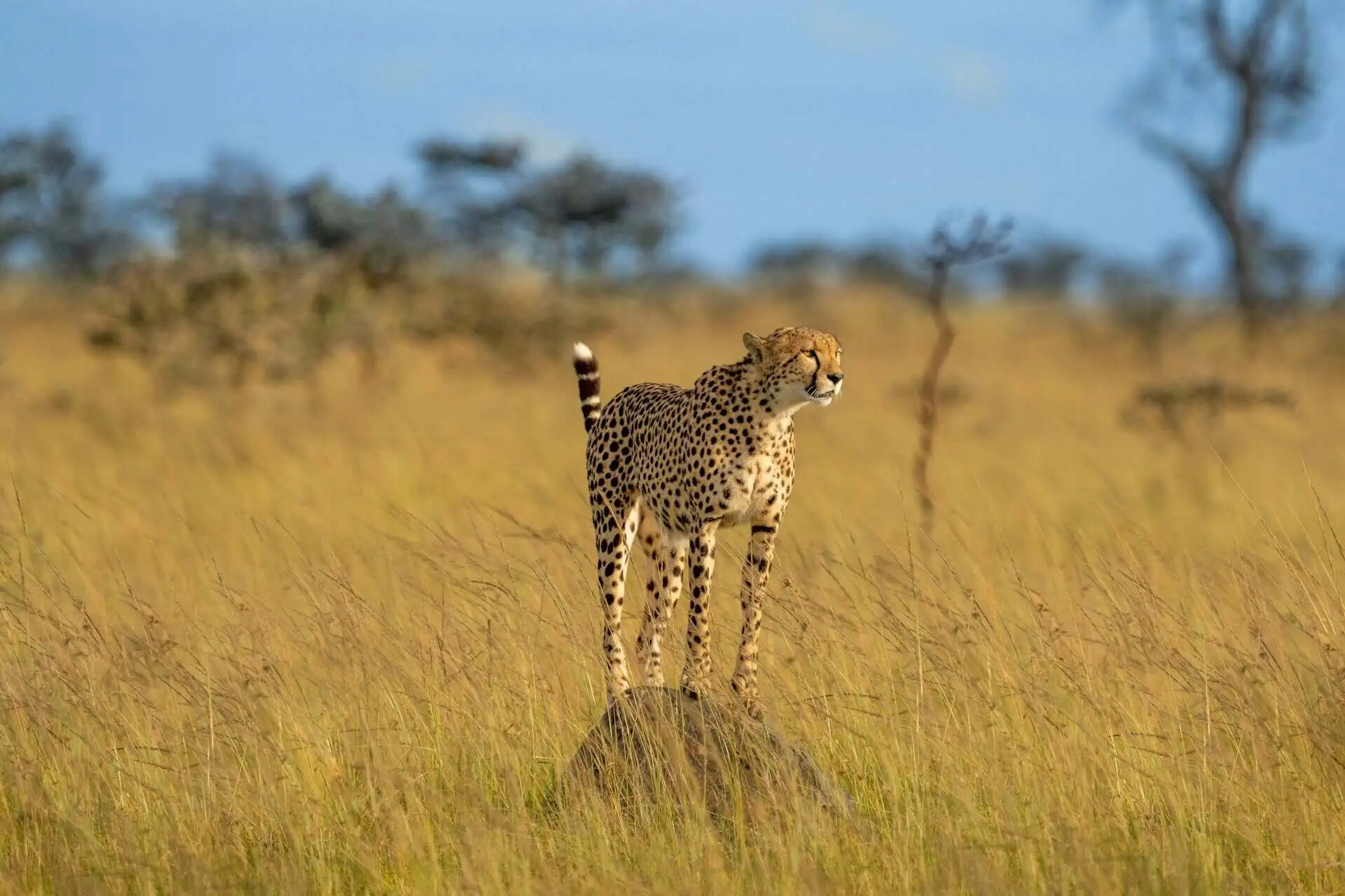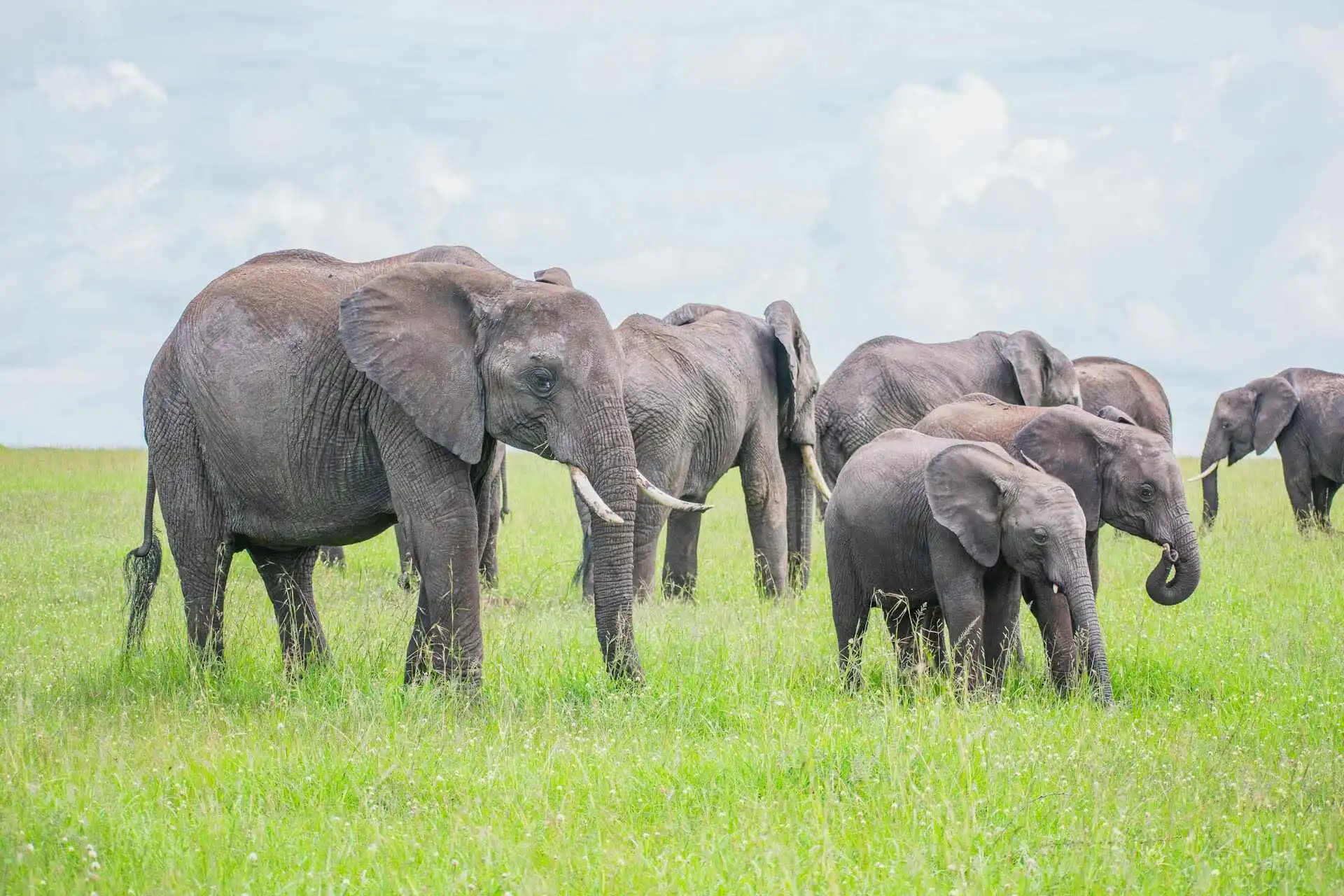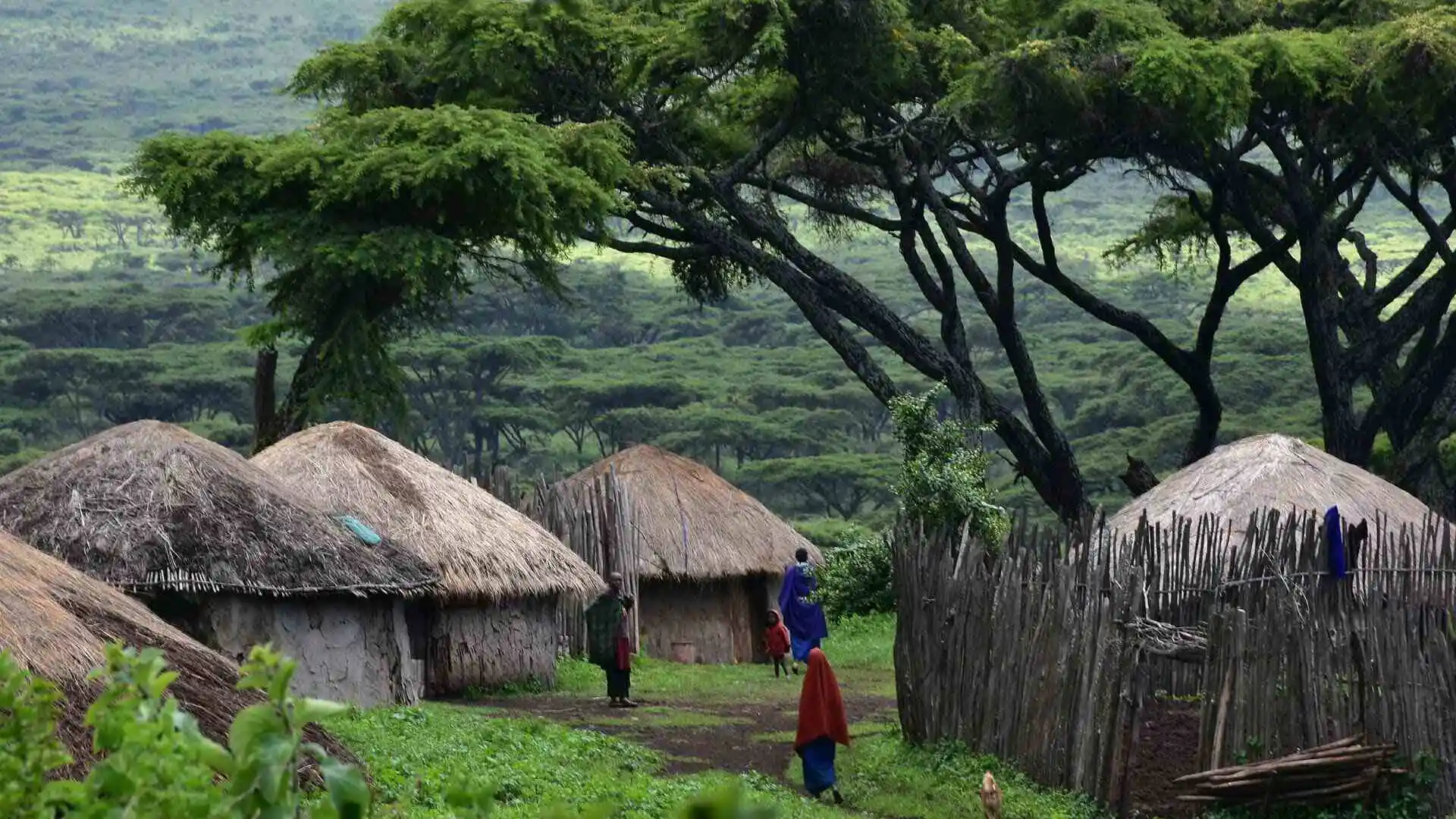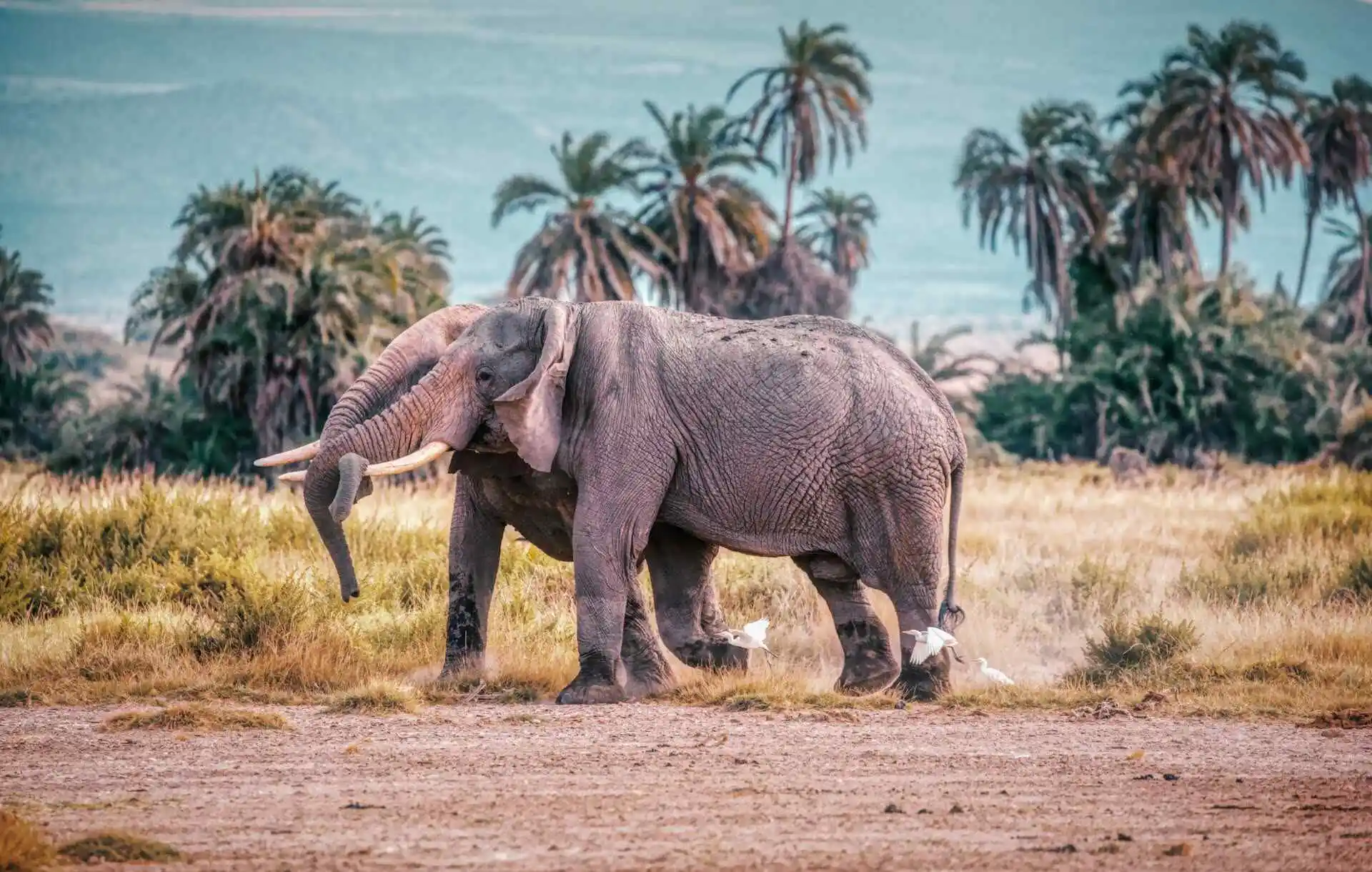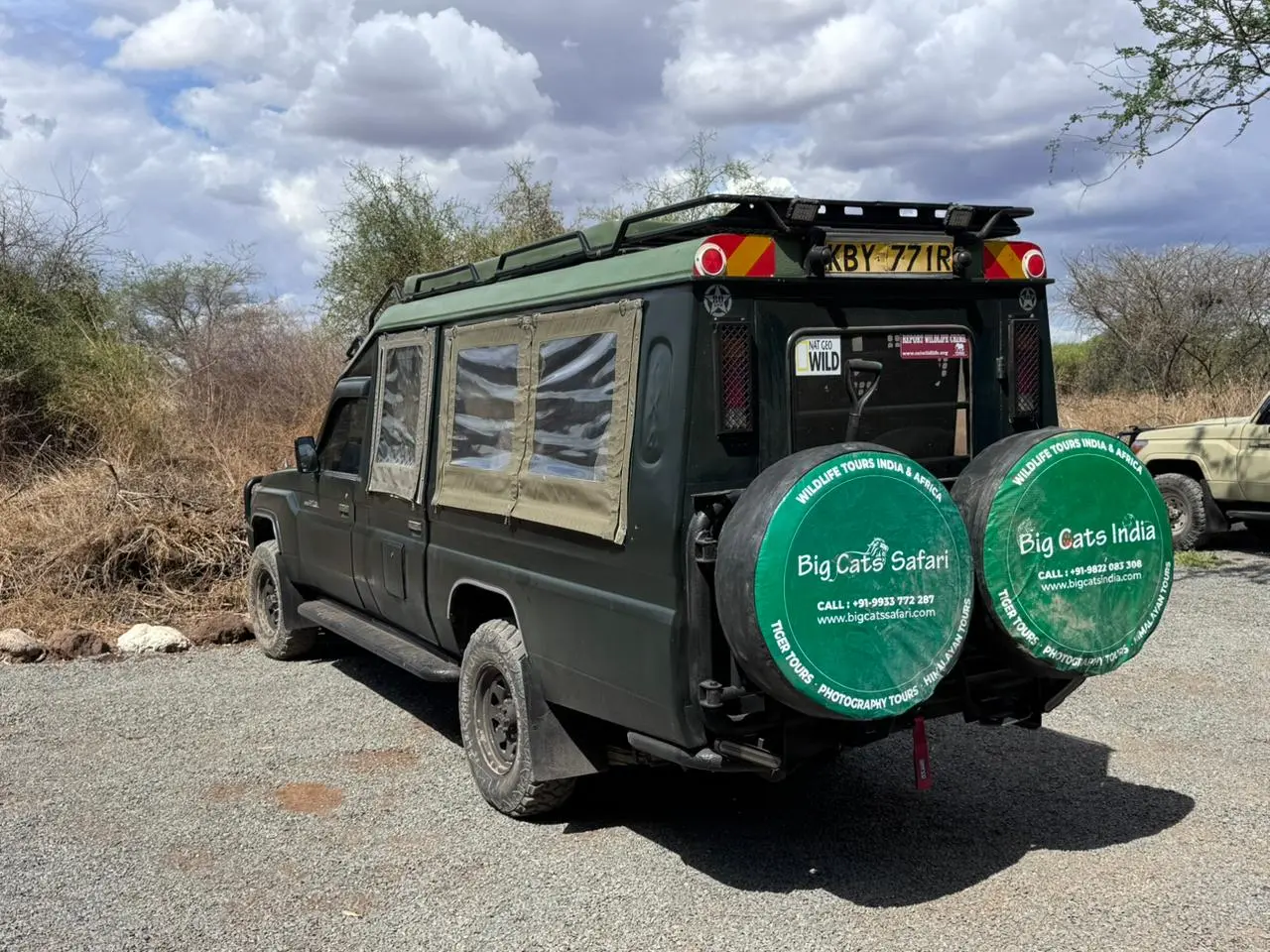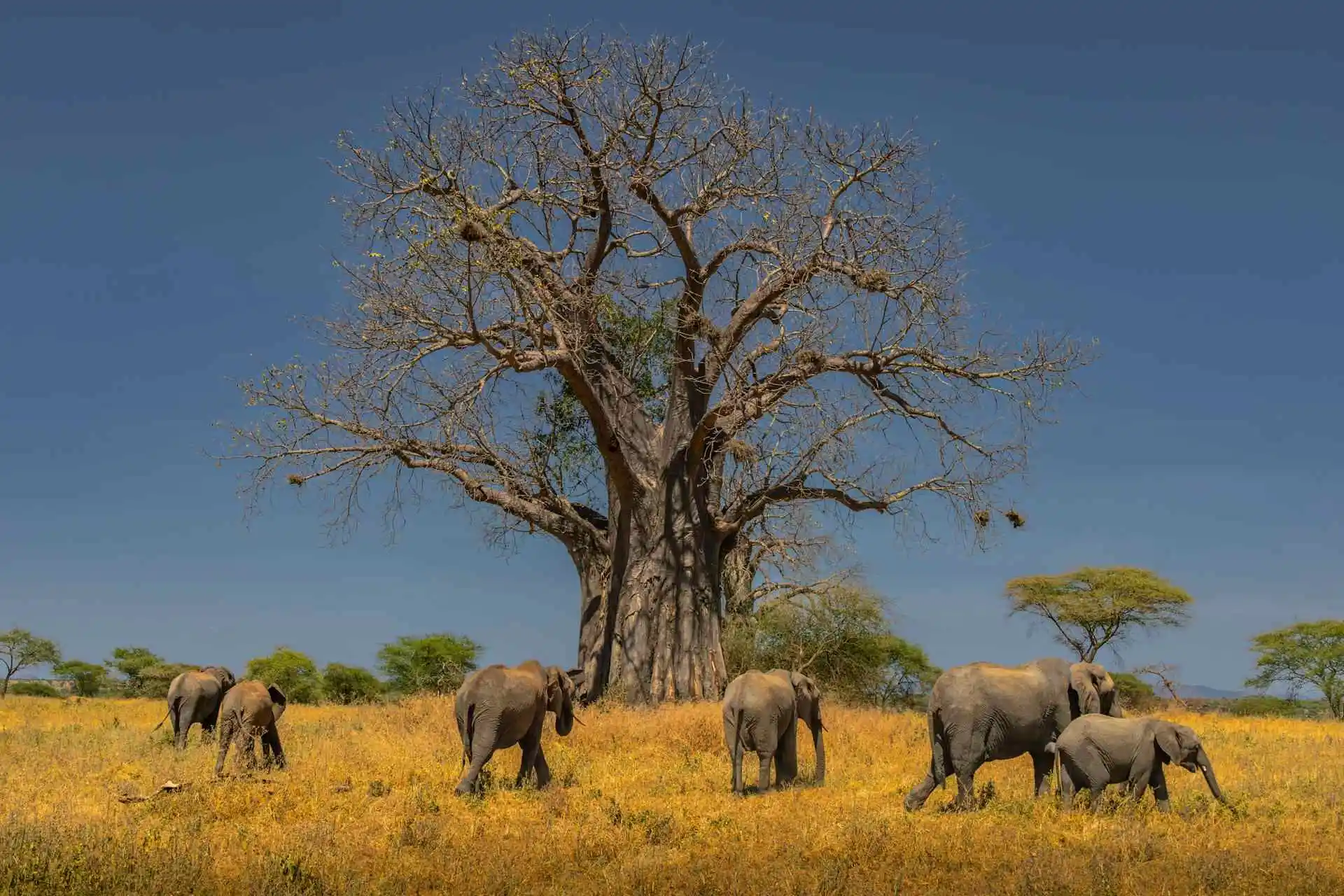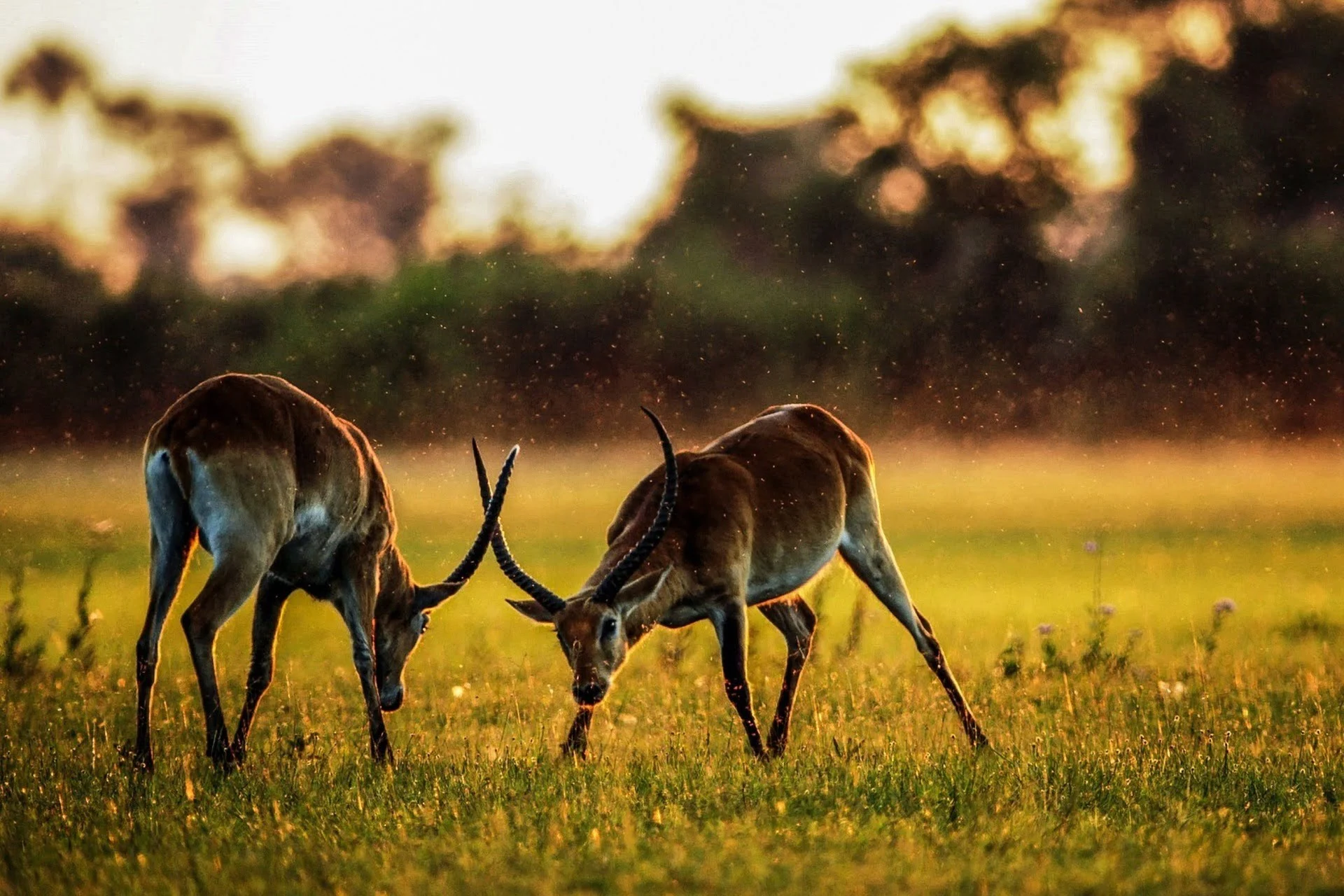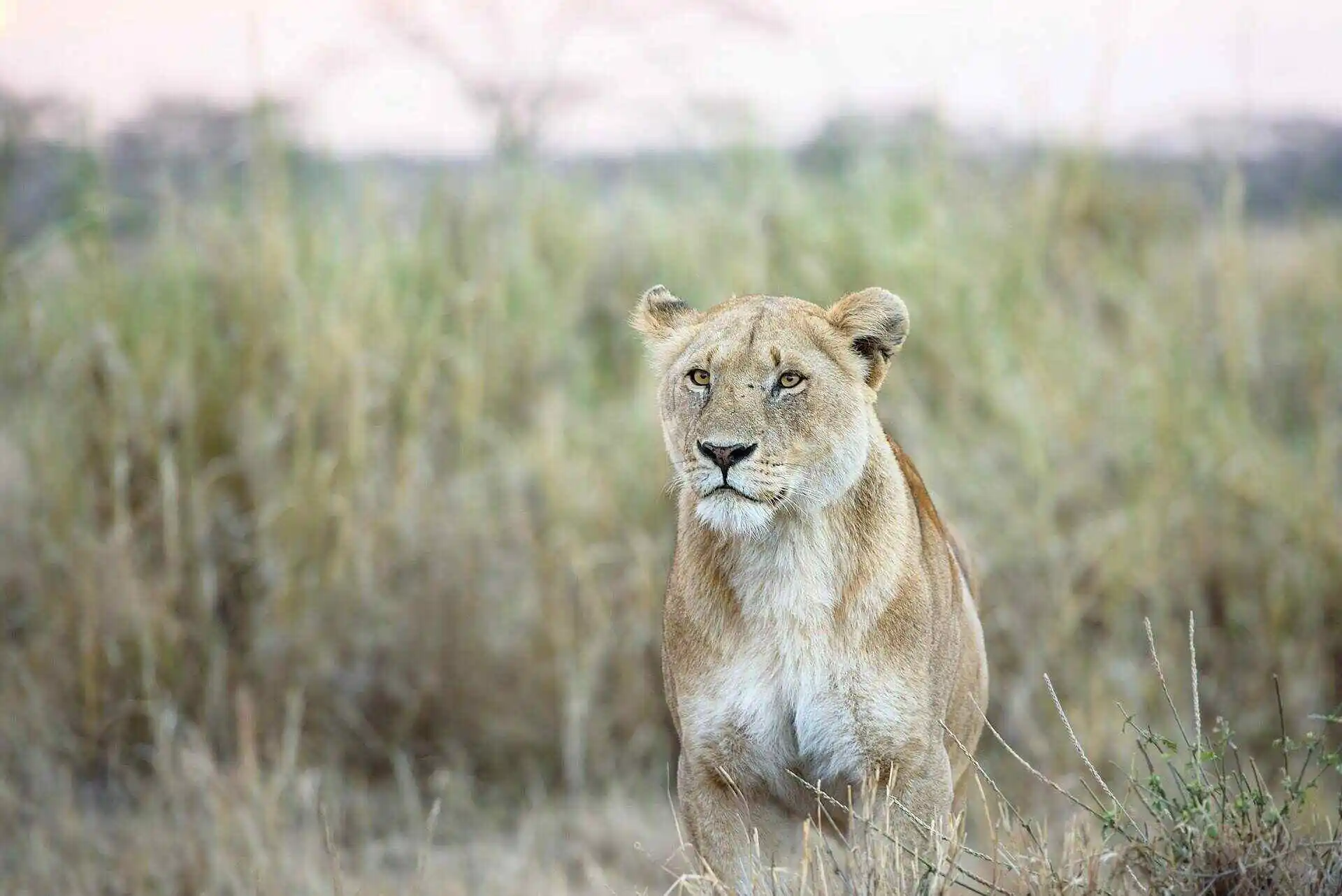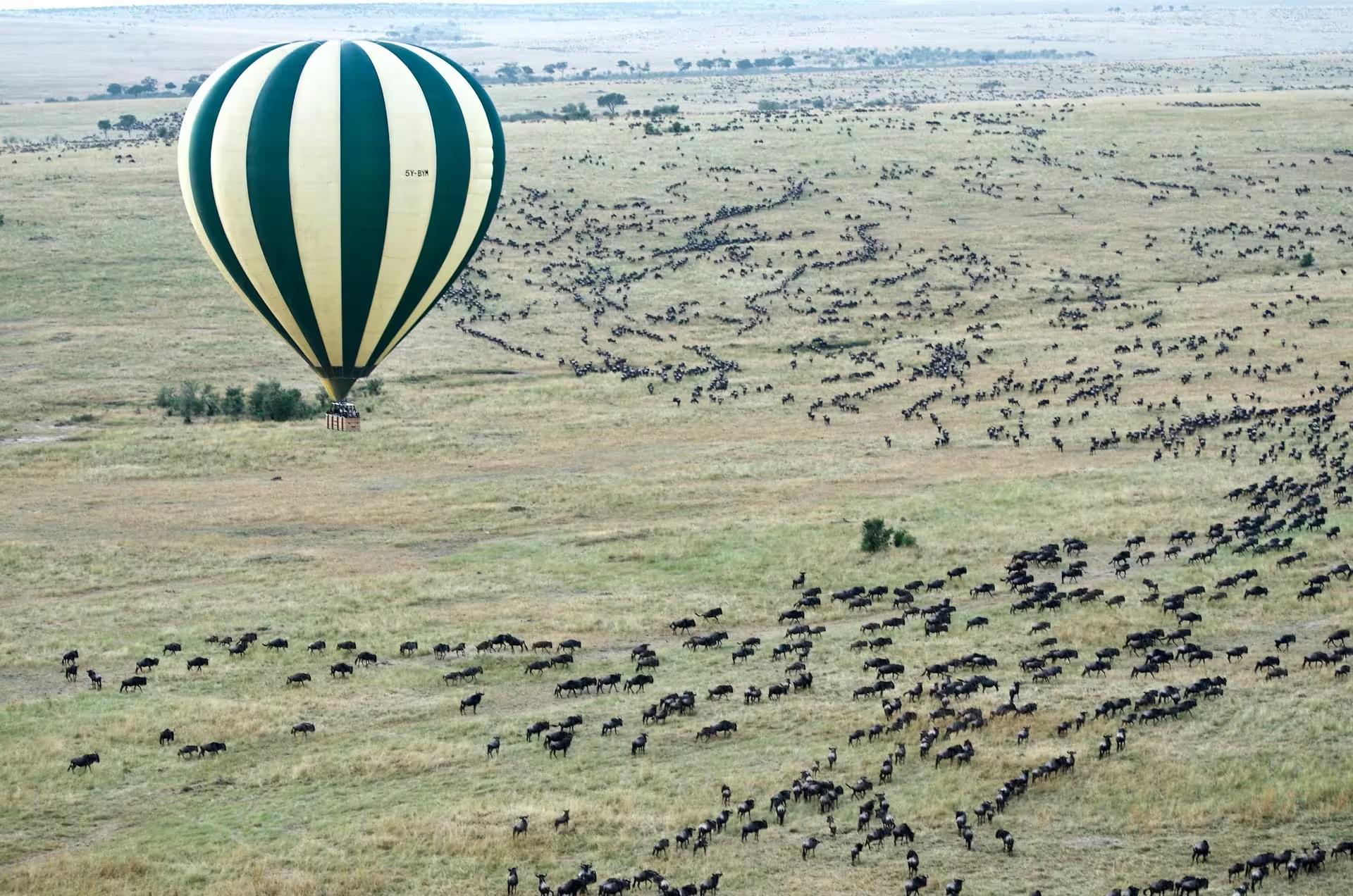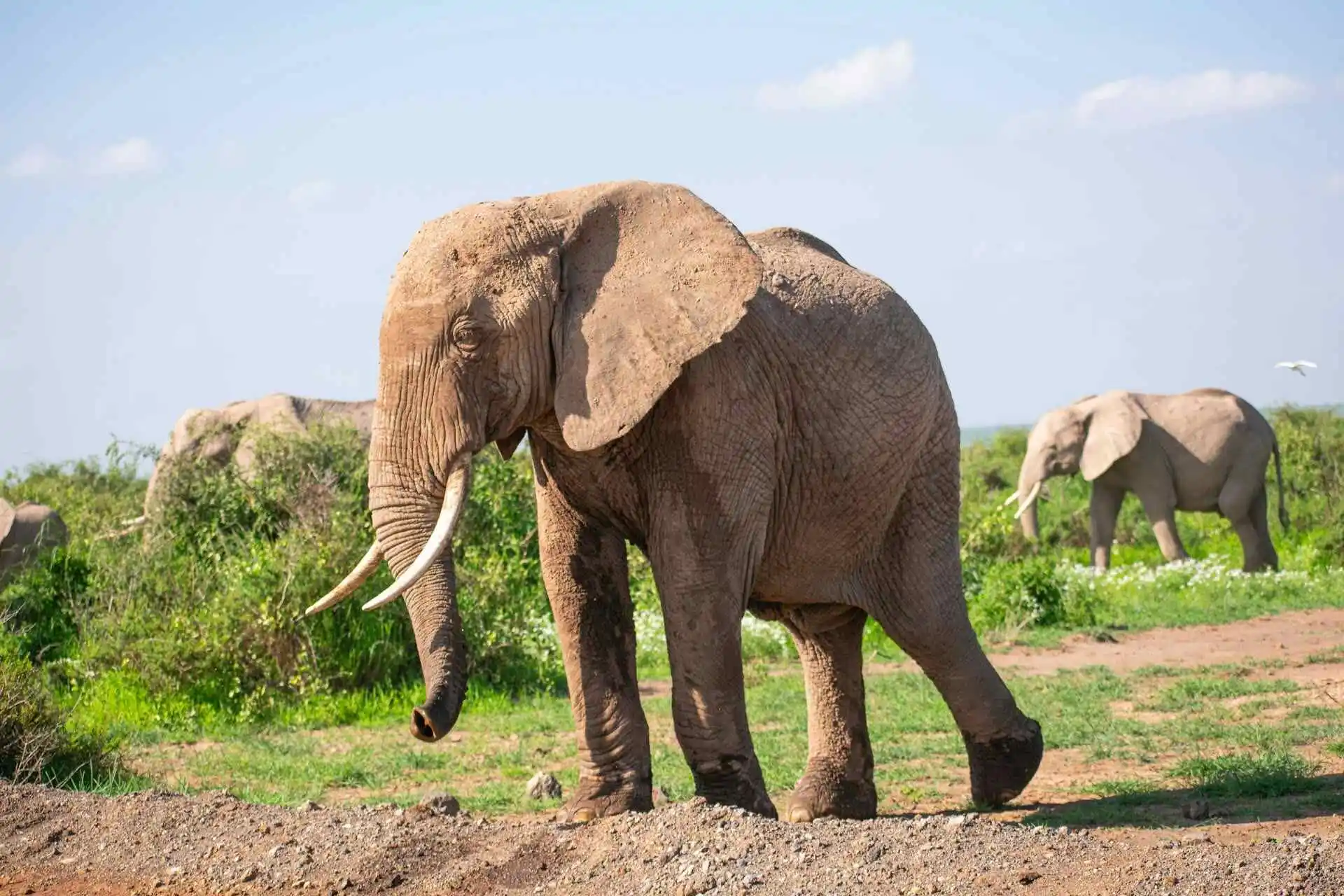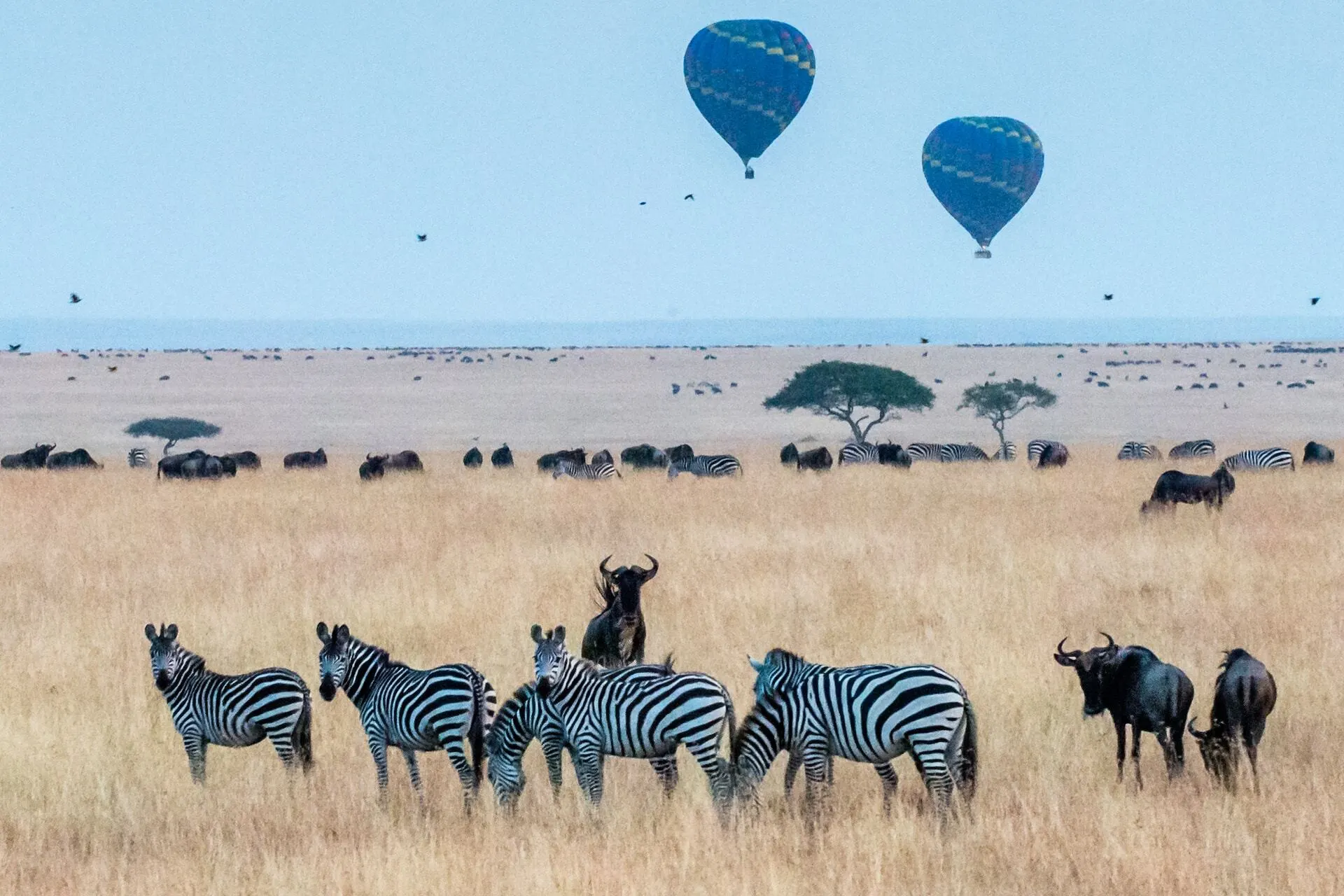Planning an African safari? One of the most important steps is packing smart. Safari travel is not about stuffing your suitcase. With many regional flights allowing just 15 kilograms of luggage per person, packing light is not just smart but a mandate.
So, here is everything you will need to pack for a smooth and unforgettable safari experience.
Safari Packing Essentials: Start Ticking Them Now!
Your safari packing list should include:
- Comfortable safari clothing
- Durable footwear
- Sun hat or cap
- Insect repellent
- Prescription and over the counter medications
- Refillable water bottle and snacks
- Binoculars and camera gear
Don’t forget your travel documents. Always carry your passport, vaccine certificates, flight tickets, credit cards, and travel insurance. Your passport should have at least two blank pages and be valid for six months beyond your departure date from countries like Kenya or Tanzania.
Clothing Checklist for Safari
Your safari outfits should be light, breathable, and practical. Stick to neutral colours like khaki, beige, brown, or olive green. These colours help you blend into the environment and will not startle wildlife.
Pack:
- Long-sleeved shirts for sun and insect protection
- Lightweight pants or zip-off trousers
- Fleece or light jacket for chilly mornings and evenings
- Waterproof outer layer if you are traveling during the rainy season
Avoid black or dark blue clothing as these colours attract tsetse flies.
Shoes for Safari – Comfort is Necessary
Choose comfortable shoes with closed toe that support your feet. Hiking boots or trail shoes with good grip are ideal for bush walks or uneven terrain. If your safari includes mostly vehicle-based game drives, you can also pack a pair of comfortable sneakers or breathable loafers for the lodge.
Beat the Heat with Sun Protection
Africa’s sun can be unforgiving. Bring a wide brimmed hat or a cap to protect your face, ears, and neck. Use a sunscreen of SPF 30 or higher and UV-protective sunglasses to shield your skin and eyes from harmful rays. Don’t forget a lip balm with SPF, as your lips can dry out quickly in the sun and wind.
Insect Repellent – A Must Have
Mosquitoes and other insects are common in many safari areas. Use an insect repellent with 20 to 50% DEET or picaridin. This will protect you against bites and reduce the risk of diseases like malaria. In certain regions, you may also want to wear insect-repellent-treated clothing or sleep under a mosquito net, especially if camping.
Medication and Health Essentials
Speak with your doctor before traveling. You might need:
- Antimalarial medication especially for East or Southern Africa
- Vaccinations like yellow fever or hepatitis for check entry requirements
- Basic first aid supplies like band-aids, antiseptic wipes, painkillers, and rehydration salts
- Any prescribed medication in original packaging
- Motion sickness tablets for bumpy drives
- Eye drops and allergy meds if you are sensitive to dust
Water Bottles and Snacks for Safari Rides
Safari days are long, and water is not always readily available. Bring a refillable water bottle or hydration pack. Many lodges and safari vehicles have filtered water stations for refills.
Pack non-perishable snacks like:
- Trail mix
- Protein bars
- Dried fruit
- Energy bites
These can be a lifesaver during long drives or remote excursions.
Binoculars and Camera Equipment
Spotting wildlife is one thing but capturing the moment is another.
Remember to carry the following:
- Good binoculars for game viewing
- DSLR or mirrorless camera with a zoom lens
- Extra memory cards, charged batteries, and a power bank
- Dustproof and waterproof camera bag
Phone cameras are great for close-ups at lodges, but they often fall short on open savannahs.
Some of the Other Must-Haves that You Cannot Miss Out On
Here are a few more useful items:
- Daypack bag for carrying your essentials on drives or walks
- Personal toiletries that includes shampoo, conditioner, soap, deodorant, moisturizer, toothbrush, and toothpaste
- Hand sanitizer and wet wipes
- Feminine hygiene products
- Travel towel or small quick-dry towel
- Flashlight or headlamp for nighttime around camp
- Notebook or journal to record wildlife sightings and travel thoughts
Many lodges offer laundry service, so you do not need to overpack. Two or three outfit rotations should be enough.
Packing for an African safari is about striking the right balance. You want to be comfortable, protected, and prepared without overloading your bag. The lighter you pack, the more you will enjoy the journey. Feel free to focus on what truly matters that is the breathtaking landscapes, eye catchy wildlife and magical moments that only Africa can bring to your table.

